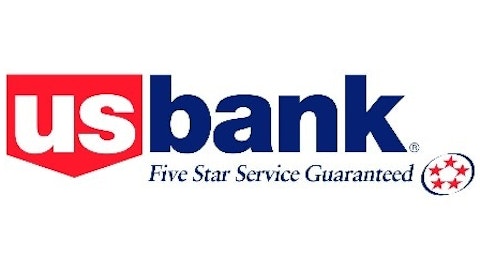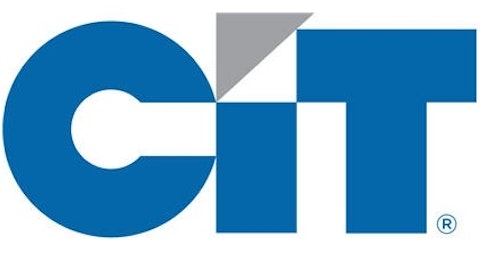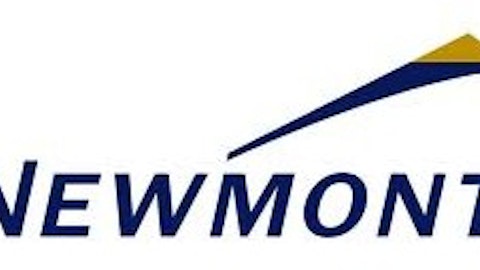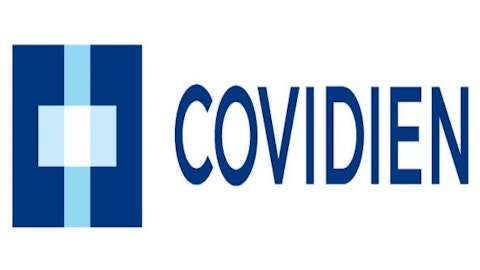Lockheed Martin Corporation (NYSE:LMT) has seen some intriguing activity from a couple indicators of late. Let’s check it out.
At the moment, there are dozens of indicators investors can use to watch Mr. Market. A couple of the best are hedge fund and insider trading interest. At Insider Monkey, our studies have shown that, historically, those who follow the best picks of the best investment managers can trounce the S&P 500 by a significant margin (see just how much).
Equally as useful, optimistic insider trading activity is a second way to analyze the marketplace. Just as you’d expect, there are a number of reasons for an upper level exec to sell shares of his or her company, but only one, very obvious reason why they would buy. Various academic studies have demonstrated the useful potential of this strategy if “monkeys” understand where to look (learn more here).

Now that that’s out of the way, we’re going to study the latest info for Lockheed Martin Corporation (NYSE:LMT).
How are hedge funds trading Lockheed Martin Corporation (NYSE:LMT)?
Heading into Q3, a total of 29 of the hedge funds we track were bullish in this stock, a change of -9% from the first quarter. With hedgies’ positions undergoing their usual ebb and flow, there exists a few noteworthy hedge fund managers who were boosting their stakes substantially.
When using filings from the hedgies we track, Matt McLennan’s First Eagle Investment Management had the most valuable position in Lockheed Martin Corporation (NYSE:LMT), worth close to $499 million, accounting for 1.5% of its total 13F portfolio. Coming in second is Ken Griffin of Citadel Investment Group, with a $205.7 million position; 0.4% of its 13F portfolio is allocated to the company. Some other hedgies that hold long positions include Phill Gross and Robert Atchinson’s Adage Capital Management, Ron Gutfleish’s Elm Ridge Capital and David Harding’s Winton Capital Management.
Since Lockheed Martin Corporation (NYSE:LMT) has witnessed dropping sentiment from the entirety of the hedge funds we track, we can see that there exists a select few money managers that decided to sell off their entire stakes last quarter. Interestingly, Michael A. Price and Amos Meron’s Empyrean Capital Partners dropped the biggest investment of all the hedgies we watch, totaling an estimated $77.2 million in stock, and John Burbank of Passport Capital was right behind this move, as the fund said goodbye to about $24.5 million worth. These bearish behaviors are intriguing to say the least, as total hedge fund interest was cut by 3 funds last quarter.
How are insiders trading Lockheed Martin Corporation (NYSE:LMT)?
Insider buying is best served when the company in focus has seen transactions within the past six months. Over the last 180-day time period, Lockheed Martin Corporation (NYSE:LMT) has experienced zero unique insiders purchasing, and 9 insider sales (see the details of insider trades here).
We’ll check out the relationship between both of these indicators in other stocks similar to Lockheed Martin Corporation (NYSE:LMT). These stocks are TransDigm Group Incorporated (NYSE:TDG), Rockwell Collins, Inc. (NYSE:COL), United Technologies Corporation (NYSE:UTX), The Boeing Company (NYSE:BA), and General Dynamics Corporation (NYSE:GD). This group of stocks are the members of the aerospace/defense products & services industry and their market caps match LMT’s market cap.
| Company Name | # of Hedge Funds | # of Insiders Buying | # of Insiders Selling |
| TransDigm Group Incorporated (NYSE:TDG) | 47 | 2 | 4 |
| Rockwell Collins, Inc. (NYSE:COL) | 18 | 0 | 13 |
| United Technologies Corporation (NYSE:UTX) | 42 | 0 | 12 |
| The Boeing Company (NYSE:BA) | 66 | 1 | 9 |
| General Dynamics Corporation (NYSE:GD) | 37 | 0 | 13 |
Using the results shown by Insider Monkey’s tactics, average investors must always pay attention to hedge fund and insider trading sentiment, and Lockheed Martin Corporation (NYSE:LMT) shareholders fit into this picture quite nicely.





